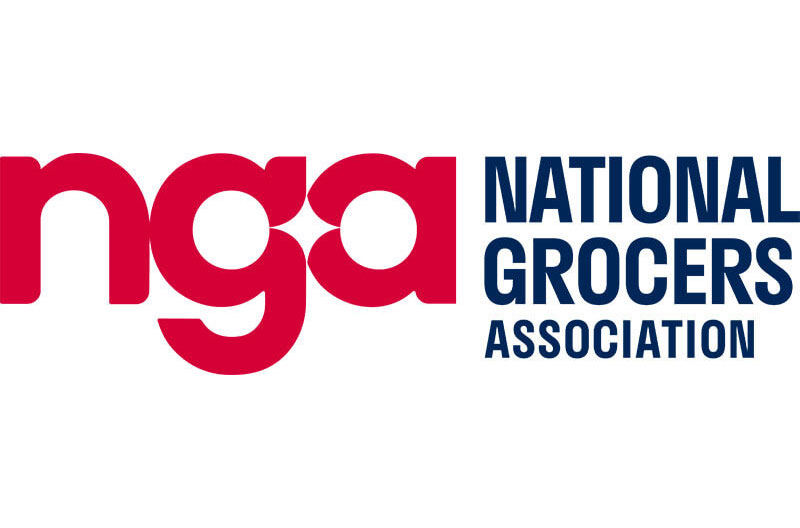Are independent grocers really independent?
Let’s take a look at NGA’s own definition. Independent community grocers are …
- Entrepreneurs? Check
- Passionately committed to their customers, their associates and the markets they serve? Check
- Differentiate in the marketplace based on the needs of the local community, while showing a strong commitment to civic life and providing their neighbors quality goods and nourishing foods. Double check.
At the recent 2024 NGA Show, longtime retailer, author, observer, adviser and presenter Harold Lloyd argued that independent grocers aren’t truly independent, but rather interdependent – on their collaborative business partners and on their noncompetitive peers they meet in share groups and other industry events.
“If you were truly independent,” Lloyd told attendees of “Curing an Irresistible Deli,” the NGA Show breakout session he was moderating on partnerships to drive deli sales, “you wouldn’t be here.”
In this session sponsored by Gourmet Foods International, Lloyd and GFI certified trainer Nathan Aldridge led a discussion with panelists Jessica Little, co-owner of Sweet Grass Dairy, a creamery and cheese shop in Thomasville, Georgia; Pat Ford, co-founder of Beehive Cheese, a Utah-based artisan cheesemaker; and John Spencer, the deli and foodservice director at Lee’s Marketplace, an independent grocer with seven stores around Salt Lake City and Utah’s Cache Valley.
The discussion largely focused on the importance of partnerships between grocery retailers and suppliers to address specific consumer needs, drive excitement, boost sales and ensure loyalty.
In an effort to expand its cheese business, Lee’s Marketplace started partnering about four years ago with GFI, which connected the grocer with Little and Ford. “Working with good partners makes us better at what we do,” Spencer said. “It means bringing a great product, listening to your customers and occasionally bringing in something new.”
Partnerships, Little explained, “are tools in our toolbox. If I’m doing a demo at your store, I’m investing in you, to train your team members to be experts.”
Ford described in-store demonstrations as “guest-mongering day.” He stressed, “If you make a guest look good at their party, they will be back.”
Additionally, demos show how cheese sales can impact the whole store, as consumers fill their baskets with deli meats, bread, crackers, jams, olives, fruit, nuts and other items to construct charcuterie trays.
“We’re not just selling cheese – we’re selling an attitude,” Spencer declared. “If we do a demo, we want to go full bore.”
With the right partnerships and demos, deli is a category that independent grocers can own, Lloyd insisted. “You need to be good at everything,” he said, “but you should be great at a few things. What are you ‘the home of’?”
Depending on strategic partnerships to drive sales, traffic and loyalty is clearly essential for independent grocers. And suppliers are eager to team up; as Ford remarked, “I would rather work with 50 small independents than one big customer.”
Of course, grocers depend on their relationship with the community for ultimate success. Without customers, there’s no business, and without competition, there’s no incentive to continually up your game.
Grocers depend on consumers to spend; consumers depend on grocers to anticipate, meet and exceed their needs. Being an “interdependent independent” makes delivering on a lifetime of “surprise and delight” a little easier.
Read more association news at The Shelby Report.

